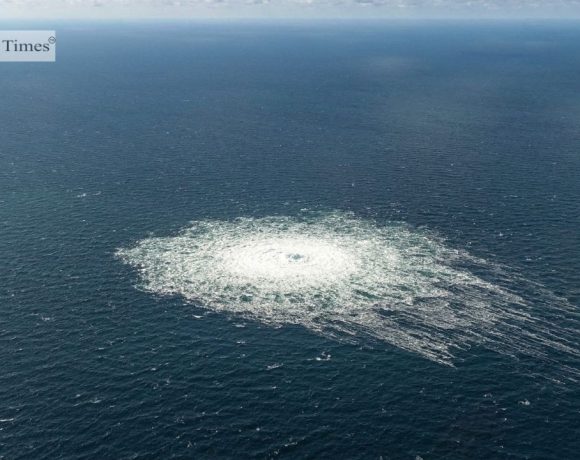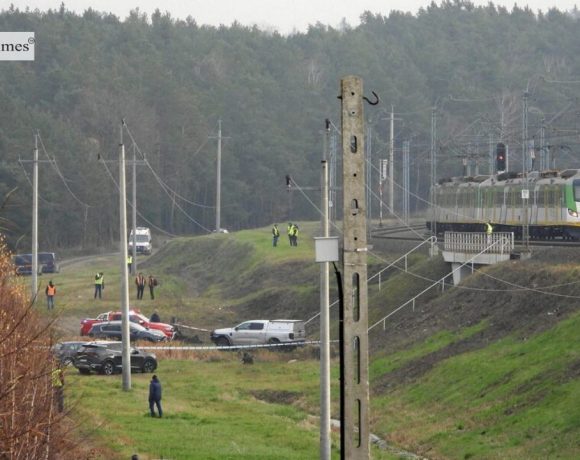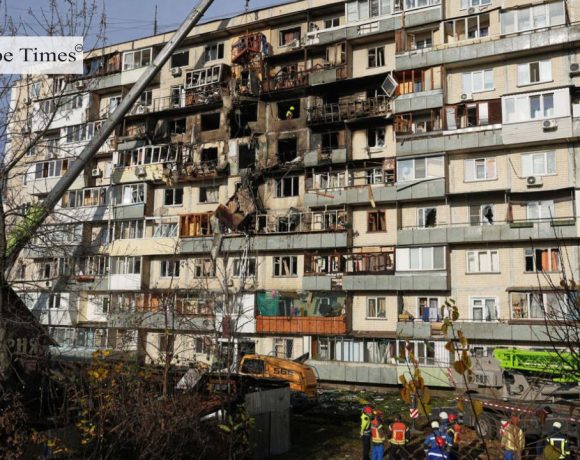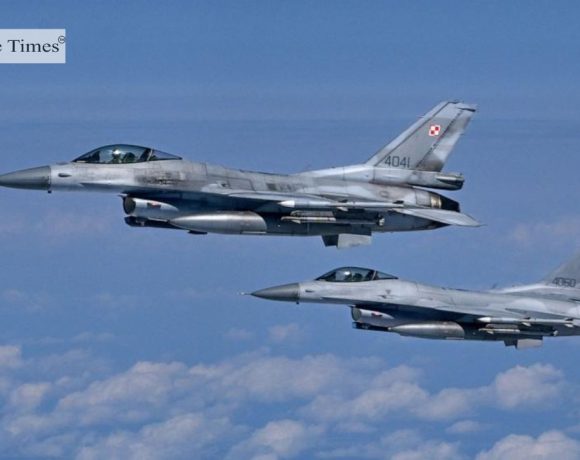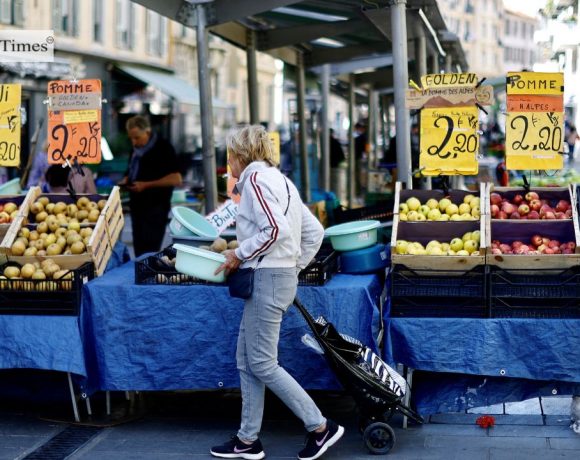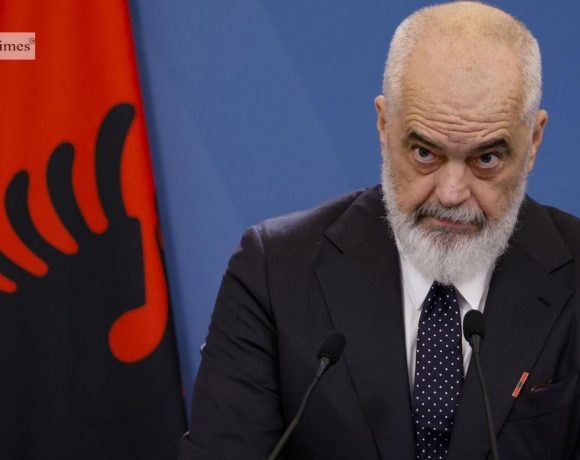
Albanian Prime Minister Edi Rama has accused UK Home Secretary Shabana Mahmood of engaging in “ethnic stereotyping” after she highlighted Albanian families while outlining major reforms to the UK asylum system. Mahmood told MPs that around 700 Albanian families were staying in taxpayer-funded accommodation despite having failed asylum claims — a figure Rama dismissed as insignificant compared with the UK’s wider post-Brexit challenges. He stressed that Albania has cooperated closely with the UK, noting that more than 13,000 people have been returned under a bilateral agreement since 2022.
Rama criticised the Home Secretary for echoing “far-right rhetoric” and argued that Albanians are net contributors to the British economy with comparatively low benefit usage. He warned that repeatedly singling out Albanians amounted to demagoguery rather than policy, adding that official decisions should not be shaped by ethnic generalisations. His comments come amid long-standing tensions with UK politicians over how Albanian nationals are portrayed in immigration debates.
Mahmood made the remarks while announcing sweeping changes to what she described as the UK’s “out of control and unfair” asylum system. Under the proposed reforms, refugee status would become temporary, the wait for permanent settlement would increase from five to twenty years, and families with no right to remain could be removed. The UK would also introduce capped legal migration routes while continuing to prioritise the removal of failed asylum seekers “regardless of who they are.”
Pic Courtesy: google/ images are subject to copyright


